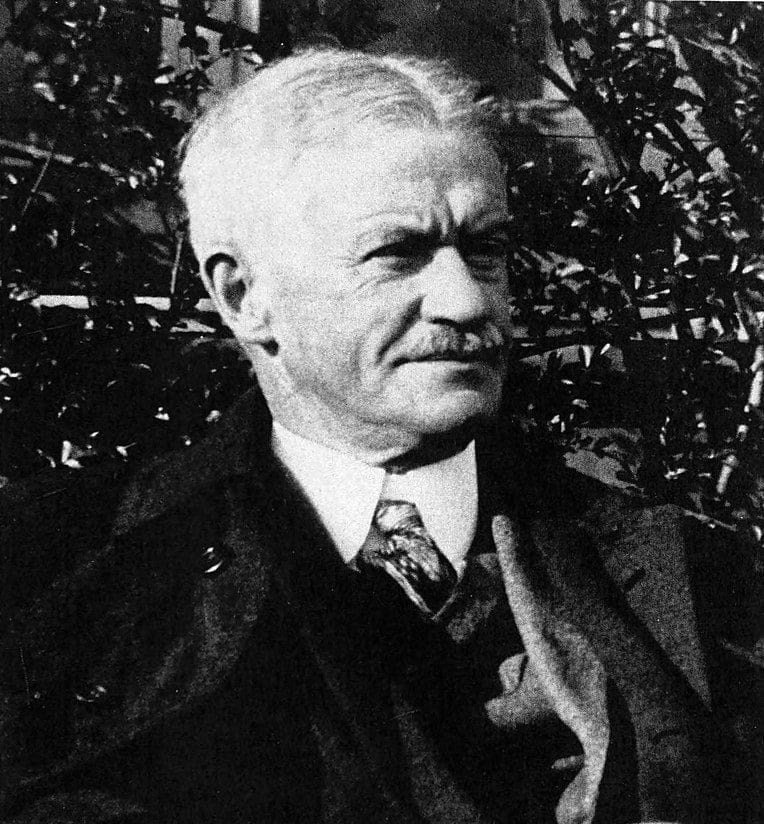Albert Jay Nock, Our Enemy, the State: Summary

I think this minor classic boils down to a handful of points:
1. State power comes at the price of social power. If the state will take care of something, then people won't. As social power collapses, so does society. This is Nock's best insight, and upon two minutes' reflection, is so obviously true that I'm kind of embarrassed I'd never articulated the thought before reading this book back in 2005. For years I'd lamented that the welfare state kills charity, but I never reached the larger point: an increasing state gradually kills all social endeavors. (You ever wonder why the social fabric of Russia was in complete tatters after the USSR fell?)
2. There is a fundamental difference between the “state” and “government.” Government is good. State is bad. “Based on the idea of natural rights, government secures those rights to the individual by strictly negative intervention. Making justice costless and easy of access”; “the business of government [is to maintain] freedom and security.” Anything beyond that, Nock said, and the government starts to morph into the state.
3. The American state is built on the principle that whatever promotes commerce prevails (he calls it “the regime of contract” and the “merchant state,” and says ours is a government whose “primary” function is to “help business” and its “primary intention is to enable the economic exploitation of one class by another”). He says the American constitutional convention was all about protecting the merchant classes to the detriment of the agrarian classes, and that the constitutional assembly didn't care about freedom nearly as much as it cared about constructing a system that advances its own economic interests.
4. Perhaps the most timely part of the book is at the end: Chp. V, Part IV: “The Party System.” It's easily summed up: If your country is ruled by a state, it doesn't matter what political party is in power. Both parties are merely going to abuse the power for their own benefit. It's inevitable. This book, remember, was published in 1935,
